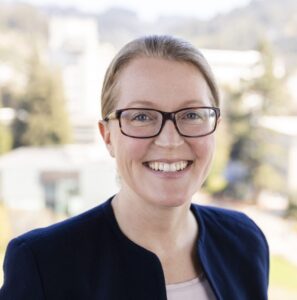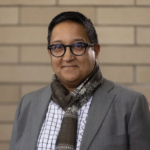Security Programs in Disordered States
The world is witnessing a significant shift in how security is maintained, especially in regions characterized by fragility and instability. In an increasingly disordered global environment and with nearly two billion people living in fragile contexts, governments and non-state actors are engaging in complex security arrangements. These networks often involve partnerships between fragile states, international organizations, powerful nations, non-governmental organizations, and private sector actors. Multi-actor security networks are critical to establishing and maintaining peace, particularly in areas where traditional international security mechanisms no longer suffice.
This initiative, led by a global consortium of scholars, seeks to explore and understand the multi-actor networks of security provision that are rapidly evolving in disordered states. This project will examine the profound impacts these networks have on local and global security landscapes and the broader international order.
The Security Programs in Disordered States initiative will research how multi-actor security networks—formed from the bottom up—are reshaping global security. This includes:
- Understanding the dynamics of security partnerships in fragile contexts, identifying which actors form these partnerships and what motivates their choices.
- Analyzing how major powers and international organizations engage with fragile states, and how these interactions influence global security.
- Evaluating the geopolitical and strategic implications of these networks on the global order.
You can engage with the Security Programs in Disordered States initiative by:
- Reading our upcoming white paper on multi-actor security networks and their impact on global order and regional studies in West Africa, Southeast Asia, and the Pacific.
- Attending our upcoming workshops and conferences to disseminate findings and engage scholars, policymakers, and practitioners in Southeast Asia, the Pacific, West Africa, and Washington, D.C.
- Submitting a research proposal to our upcoming request for proposals Fall 2025.
Regional Focus
The initiative will conduct in-depth research across three key regions — West Africa, Southeast Asia, and the Pacific. By investigating these regions, the project will identify common themes and unique regional challenges:
- The Pacific: China’s growing influence as a security provider is transforming security dynamics in the region, challenging traditional powers like the United States and Australia.
- Southeast Asia: The region presents a complex mix of international security provisions, with countries like Singapore, Malaysia, and Thailand navigating relationships between global powers such as the U.S. and China.
- West Africa: The rise of non-traditional security arrangements, often brokered through regional organizations like ECOWAS, is reshaping state stability and security in the face of escalating violence.
Team
Our team of researchers includes: Aila Matanock (UC Berkeley), Courtney Fung (Macquarie University), Emma Birikorang (Kofi Annan International Peacekeeping Training Centre), Jonathan Chu (National University of Singapore), Lina Benabdallah (Wake Forest University), Naazneen Barma (University of Denver), Selina Ho (National University of Singapore), and Susanna Campbell (American University).
Partners
Our initiative is supported by a global network of institutions and researchers based in Ghana, Australia, Singapore, and the United States:
- Kofi Annan International Peacekeeping Training Center and Wake Forest University: Conducting research in West Africa, focused on regional security partnerships.
- National University of Singapore: Studying the intersection of domestic and international security arrangements in Southeast Asia.
- University of Hawaiʻi and Macquarie University: Leading research on security dynamics in the Pacific, particularly focused on China’s growing security role.









